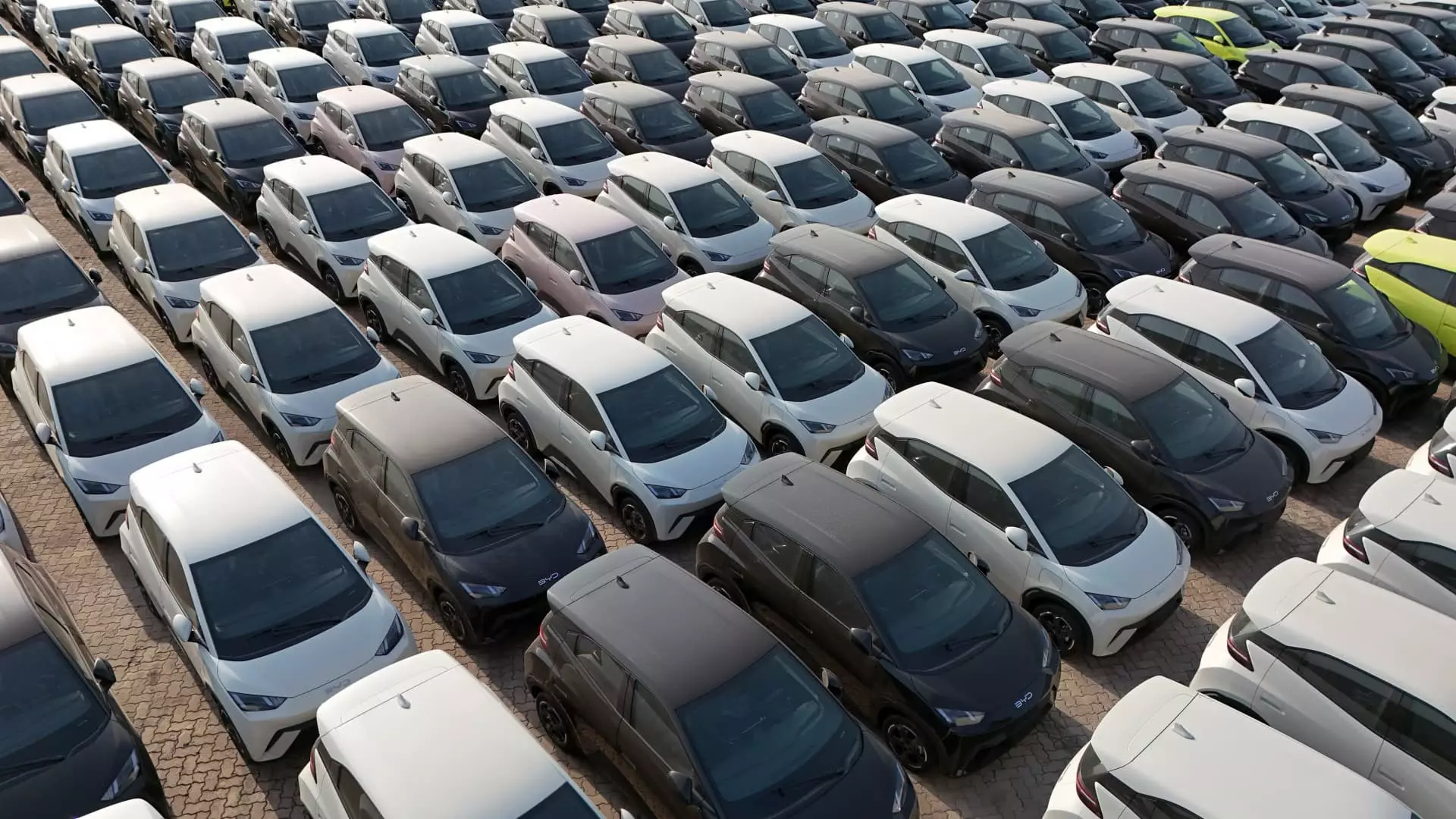The Chinese government recently expressed its discontent with the European Union’s decision to impose tariffs on electric vehicle imports from China. The Ministry of Commerce spokesperson criticized the EU’s investigation into China’s electric vehicle subsidies, accusing the bloc of reaching predetermined conclusions and fostering unfair competition. The spokesperson vowed that China would take necessary measures to protect the interests of Chinese companies affected by these tariffs.
On the other hand, the European Commission announced a reduction in import duties for electric vehicle manufacturers, including Tesla, from China. The tariffs on Tesla, specifically, were lowered to 9%, much lower than the anticipated 20.8% rate. Additionally, the EU imposed tariffs on other Chinese electric car makers like BYD, SAIC, and Geely. These measures were introduced in response to concerns about China’s subsidies distorting competition in the European market.
The Chinese Commerce Ministry emphasized that it had submitted extensive legal documents and evidence to defend against the EU’s allegations. However, the EU’s final ruling did not fully consider China’s perspective and was based on unilaterally identified facts. This led to China opposing the decision and expressing high concern over the potential impact on the global automotive industry supply chain. Despite this, the Ministry expressed a willingness to resolve trade disputes with the EU through practical actions.
Both China and the EU are wary of escalating trade frictions due to the imposition of tariffs on electric vehicle imports. The EU aims to protect its market from perceived unfair competition, while China seeks to safeguard the interests of its domestic EV industry. The conflicting views on subsidies and competition raise questions about the future of trade relations between the two economic powerhouses.
The recent developments regarding EU tariffs on Chinese electric vehicle imports reflect the complex dynamics of international trade. While the EU seeks to address concerns about unfair competition, China perceives the measures as unjust and detrimental to its EV industry. The dispute underscores the challenges of balancing trade interests and ensuring a level playing field for all market participants. Both parties must engage in constructive dialogue and cooperation to prevent further escalation of tensions and find mutually beneficial solutions.


Leave a Reply